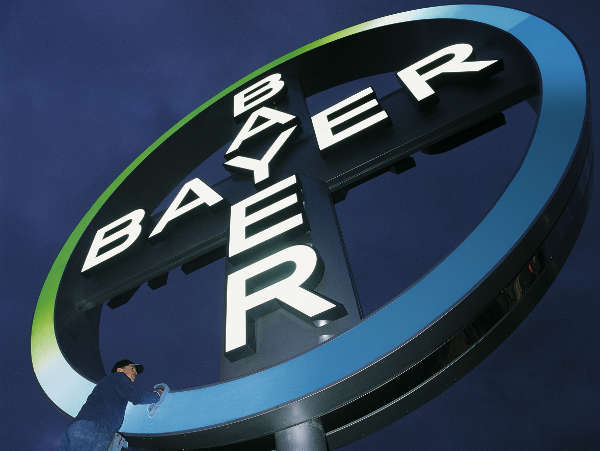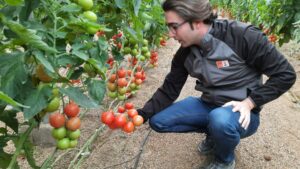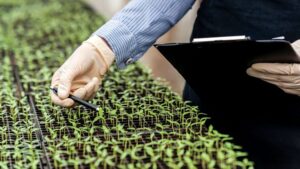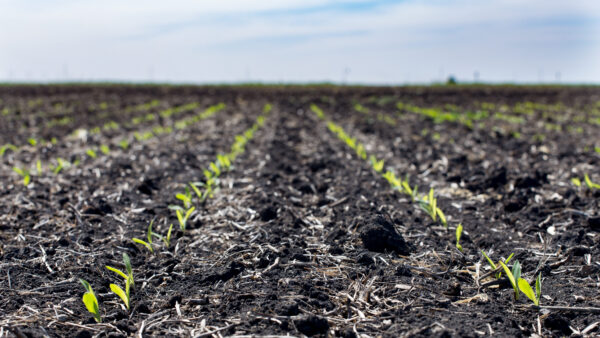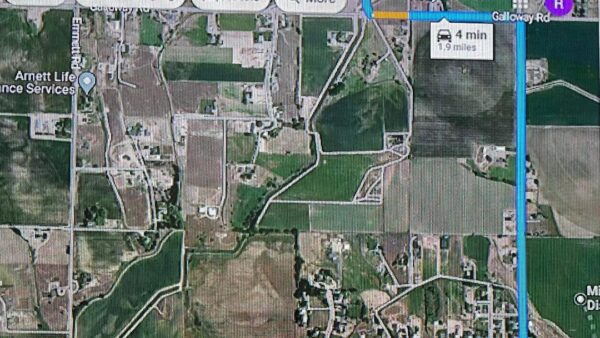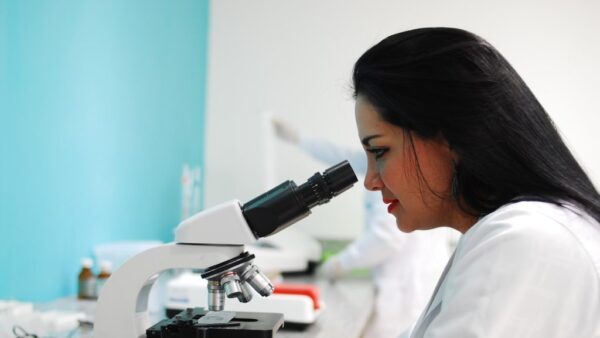The Vegetable Seeds division of Bayer, one of the world’s leading innovative crop science companies in the areas of seeds, crop protection and non-agricultural pest control, has joined the National Seed Health Accreditation Pilot Program or NSHAPP. Under NSHAPP, Bayer Vegetable Seeds commits to test all imported cucumber, melon, and watermelon seed lots from breeder and foundation seed through commercial seed.
The goal of the NSHAPP includes developing a model for a voluntary system of testing seed imported into the USA for pathogens of phytosanitary concern. According to the program’s website, the initiative was created in response to detection of foreign pathogens in the United States.
The USDA-Animal and Plant Health Inspection Service (USDA-APHIS) have partnered with the seed industry to screen imported seed with diagnostic testing to prevent the introduction of seed-transmitted pathogens. The cucurbit pathogen Cucumber green mottle mosaic virus (CGMMV) will serve as the first pathogen to be tested under this program.
“We at Bayer want our customers to know that we are committed to quality in every way. Being a part of this pilot means that we are a part of building a better system to minimize phytosanitary risk. By working together with the USDA-APHIS we will further improve our quality management systems, providing a reliable supply of disease-free seed for our customers” Brad Peters, Quality Control Manager.
All testing will be performed according to the official ISTA-approved methodology, under Bayer’s existing NAL (Naktuinbouw) lab certification. Testing results are reported to the National Seed Health Coordinator at the National Seed Health System (NSHS) Administration Unit, and all lots with a positive test result must be destroyed or re-exported. The USDA-APHIS will use the bulk data collected to improve the management of phytosanitary risk from CGMMV, and potentially other seed-borne pathogens in the future.
The 2015 Farm Bill funds this program through the end of 2016.


